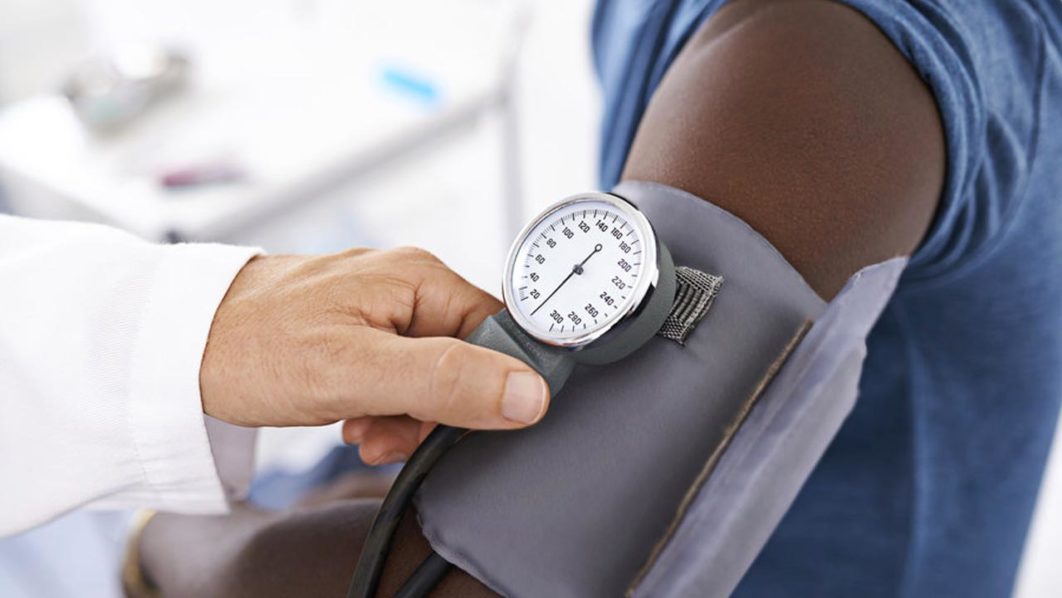
Presidency has expressed concern over the plight of over 27.5 million Nigerians found to have hypertension due to excessive salt (sodium) consumption.
The Special Adviser to the President on Health, Dr Salma Anas Ibrahim, in a keynote speech at the launch of the National Guideline For Sodium Reduction, organised by the Federal Ministry of Health and Social Welfare in Abuja, noted that the situation increased the risk of cardiovascular diseases (CVDs) strokes and their complications, such as end stage renal diseases, among Nigerians.
She disclosed that globally, an estimated 1.8 million deaths and over 44 million disability-adjusted life years (DALYs) lost (including 40.5 million DALYs from CVDs, including stroke) are attributed to excess dietary sodium consumption as of 2019.
Represented by Dr Sulaiman Lawani, she remarked that reducing dietary sodium was one of the most impactful and cost-effective mechanisms to improve population health and was one of the World Health Organisation’s (WHO’s) ‘best buys’ for the prevention of chronic disease.
She posited that a modest 15 per cent reduction in dietary sodium was estimated to prevent 8.5 million deaths over 10 years in 23 developing countries where 80 per cent of chronic disease deaths in developing nations occur.
Stating that an analysis published in 2019 showed that a 30 per cent reduction of sodium could save 40 million lives globally within 25 years, she added that Nigeria had taken steps, like the National Multi-Sectoral Action Plan (NMSAP) for the Prevention and Control of NCDs, which incorporates evidence-based policies aligned with the WHO Surveillance Harness Adopt Knowledge Environment (SHAKE) technical package for salt reduction technical package.
According to her, the national sodium reduction programme in Nigeria includes setting limits on sodium content in packaged foods, mass media campaigns to educate the public on healthy eating, and regulations on food and beverage advertising, particularly when directed at children and adolescents.
The Minister of State for Health, Dr Iziaq Adekunle Salako, stated that research had shown that the average salt intake in Nigeria far exceeds the WHO’s recommended limit of five grams per day, with many communities consuming between seven and nine grams daily.
He acknowledged that the excessive overconsumption of sodium is directly tied to the alarming rise in hypertension, now affecting over 35 per cent of adults in the country’s population, adding that the situation is exacerbated in urban areas, where dining habits lean heavily towards saltier prepared meals, unconsciously risking Nigerians lives with dietary habits that could lead to devastating, long-term health consequences.
Presidency links 27.5m hypertension cases to excessive salt intake






